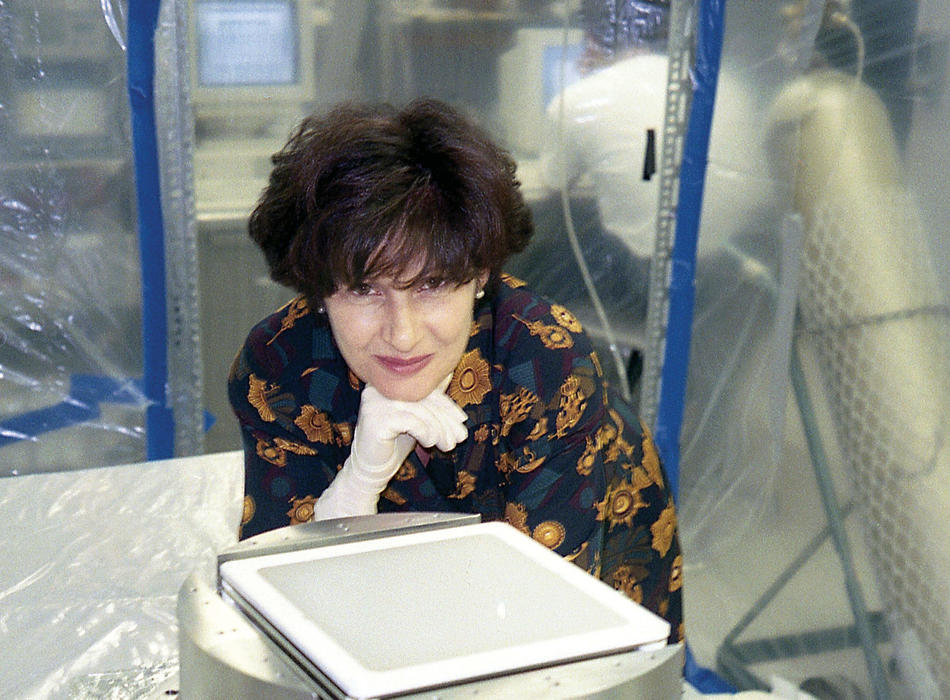The universe is one big whirligig, composed of planets, stars, and galaxies that produce centrifugal force as they spin. What keeps all this stuff from shooting outward? Gravity. But there’s a problem: All the physical matter known to scientists couldn’t generate enough gravity to keep the universe from flying apart. Physicists have a name for the unobserved particles that presumably account for the remaining gravity we feel: dark matter.
This spring, the most sensitive experiment ever to look for dark matter, led by Columbia physicist Elena Aprile, presented its first findings. The project, called XENON100, hasn’t yet found the elusive particle. But Aprile and her colleagues, who include three dozen physicists from nine institutions, say that their negative results are important nonetheless, as they cast doubt on other scientists’ claims to have already spotted dark matter.
Aprile is using a stainless steel container filled with liquid xenon, which is one of the heaviest elements. This means its atoms are packed tightly together and have a good chance of being struck by dark matter particles, which are theorized to be all around us and within us. Cameras are positioned inside the container to capture any fl ashes of ultraviolet light that would result from a collision.
To insulate the experiment from cosmic rays that could be confused for dark matter, XENON100’s experiment is taking place beneath 5000 feet of rock in Italy’s Gran Sasso Underground Laboratory, in a chamber of lead and copper. Last October, the scientists collected their fi rst data. They say that if earlier claims to have seen dark matter — by scientists at the University of Chicago and the University of Rome Tor Vergata — were valid, the newer and much more sensitive XENON100 experiment so far would have spotted dozens of particle collisions, but it’s seen none.
“Dark matter particles continue to escape our instruments,” says Aprile, who presented her results at a May 1 workshop and has also submitted a paper on the subject to the Physics Review Letters. “Yet, we are getting much more clever in our search, and we feel confident that we will soon unveil them.”



